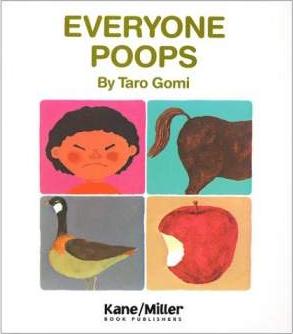Hello.
Do you know which are the best books to study in order to be prepared for internship year (internal medicine or family medicine)?
Thanks in advance.
Do you know which are the best books to study in order to be prepared for internship year (internal medicine or family medicine)?
Thanks in advance.

 lol
lol